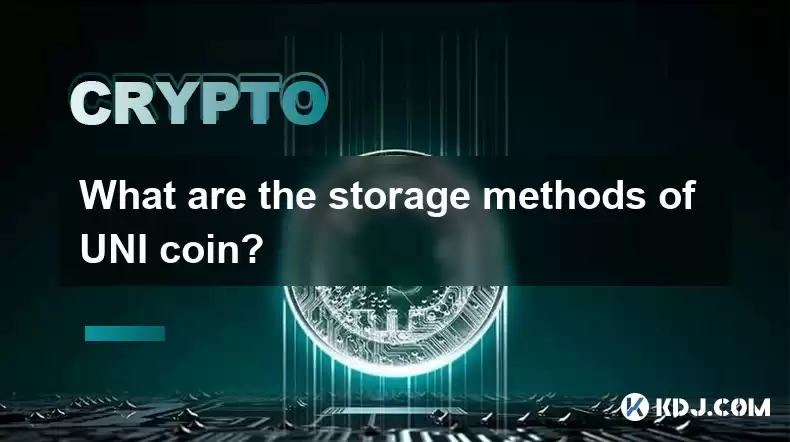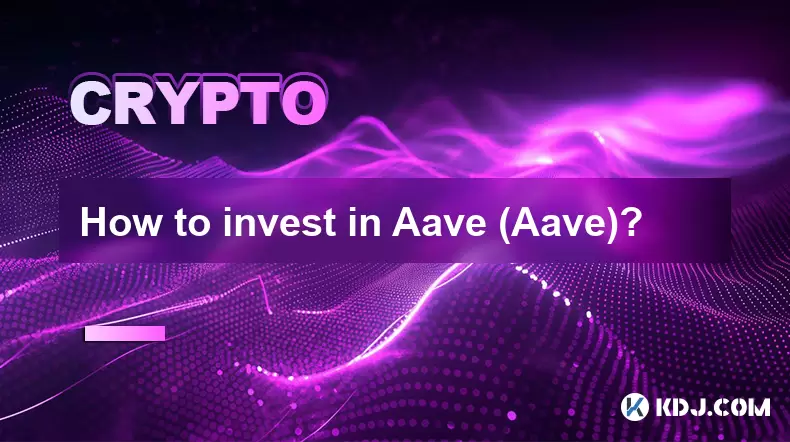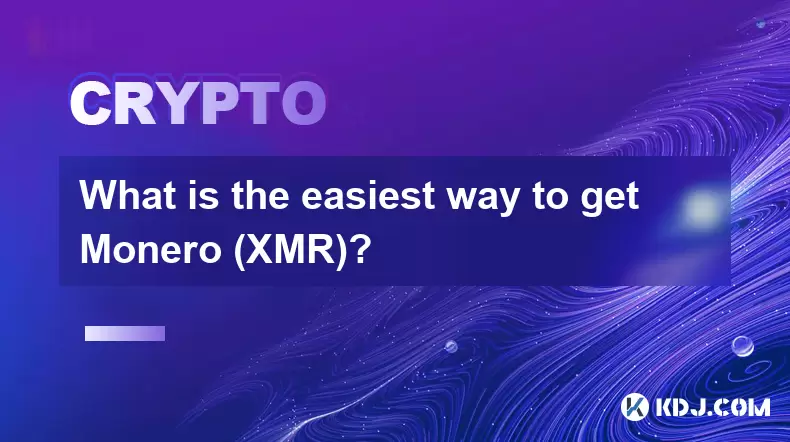-
 Bitcoin
Bitcoin $117400
1.88% -
 Ethereum
Ethereum $3867
5.29% -
 XRP
XRP $3.081
2.58% -
 Tether USDt
Tether USDt $1.000
0.03% -
 BNB
BNB $779.7
0.92% -
 Solana
Solana $171.8
2.11% -
 USDC
USDC $0.9999
0.01% -
 Dogecoin
Dogecoin $0.2172
5.80% -
 TRON
TRON $0.3413
1.41% -
 Cardano
Cardano $0.7641
3.06% -
 Hyperliquid
Hyperliquid $39.69
3.62% -
 Sui
Sui $3.731
6.73% -
 Stellar
Stellar $0.4125
3.55% -
 Chainlink
Chainlink $18.23
8.86% -
 Bitcoin Cash
Bitcoin Cash $579.5
1.41% -
 Hedera
Hedera $0.2538
4.02% -
 Ethena USDe
Ethena USDe $1.001
0.00% -
 Avalanche
Avalanche $22.81
2.82% -
 Litecoin
Litecoin $121.7
1.10% -
 UNUS SED LEO
UNUS SED LEO $8.962
-0.33% -
 Toncoin
Toncoin $3.324
2.94% -
 Shiba Inu
Shiba Inu $0.00001263
2.30% -
 Uniswap
Uniswap $10.24
4.95% -
 Polkadot
Polkadot $3.780
3.09% -
 Dai
Dai $1.000
0.03% -
 Bitget Token
Bitget Token $4.432
1.64% -
 Cronos
Cronos $0.1493
3.87% -
 Monero
Monero $256.7
-9.05% -
 Pepe
Pepe $0.00001092
3.99% -
 Aave
Aave $279.0
6.11%
What are the storage methods of UNI coin?
For optimal security, hardware wallets like Ledger or Trezor are recommended for storing large amounts of UNI due to their offline storage and isolation from hacking attempts.
Feb 16, 2025 at 01:54 am

Key Points
- Hardware Wallets: Optimal Security for UNI Storage
- Software Wallets: Convenience and Accessibility
- Cryptocurrency Exchanges: Limited Control but Easy Trading
- Decentralized Wallets: Self-Custody and Integration with dApps
- Paper Wallets: Offline Storage for Enhanced Security
Storage Methods for UNI Coin
1. Hardware Wallets: Optimal Security for UNI Storage
Hardware wallets, also known as cold storage, are physical devices designed specifically for storing cryptocurrencies offline. They provide the highest level of security by isolating your private keys from the internet and potential hacking attempts.
Advantages:
- Exceptionally secure due to offline storage
- Supports multiple cryptocurrencies, including UNI
- Compact and portable for easy transportation
Disadvantages:
- Relatively expensive compared to other methods
- Requires technical knowledge for setup and usage
- Can be inconvenient if you need to access your UNI frequently
2. Software Wallets: Convenience and Accessibility
Software wallets are digital applications that you install on your desktop or mobile device. They are more convenient than hardware wallets as they allow you to access your UNI anytime, anywhere. However, they are also more vulnerable to hacking attacks.
Advantages:
- Free to use and easily accessible
- User-friendly interfaces for beginners
- Supports a wide range of cryptocurrencies
Disadvantages:
- Less secure than hardware wallets due to internet connectivity
- Prone to phishing scams and malware attacks
- Requires regular updates for security patches
3. Cryptocurrency Exchanges: Limited Control but Easy Trading
Cryptocurrency exchanges are online platforms where you can buy, sell, and trade cryptocurrencies. Most exchanges also offer the ability to store your UNI on their platform. This method is convenient if you plan to trade UNI frequently, but it gives you less control over your private keys.
Advantages:
- Simple and convenient for quick trades
- Eliminates the need for technical knowledge
- Offers advanced trading features and market analysis tools
Disadvantages:
- Limited control over your UNI, as the exchange holds your private keys
- Potential for hacks and security breaches on the exchange
- May not support all cryptocurrencies
4. Decentralized Wallets: Self-Custody and Integration with dApps
Decentralized wallets, also known as non-custodial wallets, put you in complete control of your private keys. They connect directly to the blockchain, allowing you to interact with decentralized applications (dApps) and manage your UNI independently.
Advantages:
- Provides complete self-custody, eliminating the risk of third-party access
- Supports interaction with a variety of dApps
- Offers advanced security features, such as two-factor authentication
Disadvantages:
- Can be complex to set up and use
- Requires a high level of technical knowledge
- May not be as user-friendly as centralized methods
5. Paper Wallets: Offline Storage for Enhanced Security
Paper wallets are a simple and effective method for storing your UNI offline. They involve printing out your public and private keys on a piece of paper. This method is extremely secure but also less convenient than other options.
Advantages:
- Exceptionally secure due to offline storage
- Permanent and tamper-proof record of your private keys
- No need for technical knowledge or devices
Disadvantages:
- Inconvenient for frequent access to your UNI
- Can be easily lost or damaged
- Requires manual updates to reflect any changes in your UNI balance
FAQs
Q: Which storage method is best for holding large amounts of UNI?
A: Hardware wallets and paper wallets are considered the best options for storing large amounts of UNI due to their high levels of security.
Q: Can I store UNI on multiple platforms?
A: Yes, you can store UNI on different hardware wallets, software wallets, exchanges, and paper wallets. However, it is important to keep your private keys secure and separate for each method.
Q: What happens if I lose access to my UNI storage?
A: If you lose access to your private keys, you may lose access to your UNI. Hardware wallets often have backup options, while software wallets may allow you to recover your account using seed phrases. Paper wallets are less forgiving, so it is crucial to make copies and store them in a secure location.
Q: What are the risks of storing UNI on exchanges?
A: The main risk of storing UNI on exchanges is the potential for hacks and security breaches. Exchanges are often targeted by malicious actors, so it is important to do your research and choose a reputable platform with strong security measures.
Disclaimer:info@kdj.com
The information provided is not trading advice. kdj.com does not assume any responsibility for any investments made based on the information provided in this article. Cryptocurrencies are highly volatile and it is highly recommended that you invest with caution after thorough research!
If you believe that the content used on this website infringes your copyright, please contact us immediately (info@kdj.com) and we will delete it promptly.
- Pi Coin's dApp and AI Potential: Building a Decentralized Future
- 2025-08-08 02:30:12
- Ruvi AI Takes the Lead: Outshining Dogecoin on CoinMarketCap
- 2025-08-08 02:50:12
- Cryptos Under $1: Is Ripple Still the King?
- 2025-08-08 03:50:12
- Cold Wallet, Bonk Price, ICP Price: Navigating the Crypto Landscape in 2025
- 2025-08-08 03:56:12
- Memecoins, Low-Cap Gems, and the Hunt for 10,000x Gains: What's Next?
- 2025-08-08 02:50:12
- Bitcoin, Greenidge, and Liquidity: Navigating the Crypto Currents in NYC
- 2025-08-08 02:30:12
Related knowledge

Where can I buy UMA (UMA)?
Aug 07,2025 at 06:42pm
Understanding UMA and Its Role in Decentralized FinanceUMA (Universal Market Access) is an Ethereum-based decentralized finance (DeFi) protocol design...

What exchanges support buying IOTA (MIOTA)?
Aug 07,2025 at 09:58pm
Understanding the Role of Private Keys in Cryptocurrency SecurityIn the world of cryptocurrency, private keys are the cornerstone of ownership and con...

What is the best app to buy EOS?
Aug 07,2025 at 04:35pm
Understanding EOS and Its Role in the Cryptocurrency EcosystemEOS is a blockchain platform designed to support decentralized applications (dApps) with...

What platforms support buying Fantom (FTM)?
Aug 08,2025 at 01:56am
Overview of Fantom (FTM) and Its EcosystemFantom (FTM) is a high-performance, scalable, and secure layer-1 blockchain designed to overcome the limitat...

How to invest in Aave (Aave)?
Aug 08,2025 at 01:07am
Understanding Aave (AAVE) and Its Role in DeFiAave is a decentralized finance (DeFi) protocol that enables users to lend, borrow, and earn interest on...

What is the easiest way to get Monero (XMR)?
Aug 08,2025 at 02:56am
Understanding Monero (XMR) and Its Privacy FeaturesMonero (XMR) is a privacy-focused cryptocurrency that ensures complete anonymity in transactions th...

Where can I buy UMA (UMA)?
Aug 07,2025 at 06:42pm
Understanding UMA and Its Role in Decentralized FinanceUMA (Universal Market Access) is an Ethereum-based decentralized finance (DeFi) protocol design...

What exchanges support buying IOTA (MIOTA)?
Aug 07,2025 at 09:58pm
Understanding the Role of Private Keys in Cryptocurrency SecurityIn the world of cryptocurrency, private keys are the cornerstone of ownership and con...

What is the best app to buy EOS?
Aug 07,2025 at 04:35pm
Understanding EOS and Its Role in the Cryptocurrency EcosystemEOS is a blockchain platform designed to support decentralized applications (dApps) with...

What platforms support buying Fantom (FTM)?
Aug 08,2025 at 01:56am
Overview of Fantom (FTM) and Its EcosystemFantom (FTM) is a high-performance, scalable, and secure layer-1 blockchain designed to overcome the limitat...

How to invest in Aave (Aave)?
Aug 08,2025 at 01:07am
Understanding Aave (AAVE) and Its Role in DeFiAave is a decentralized finance (DeFi) protocol that enables users to lend, borrow, and earn interest on...

What is the easiest way to get Monero (XMR)?
Aug 08,2025 at 02:56am
Understanding Monero (XMR) and Its Privacy FeaturesMonero (XMR) is a privacy-focused cryptocurrency that ensures complete anonymity in transactions th...
See all articles

























































































